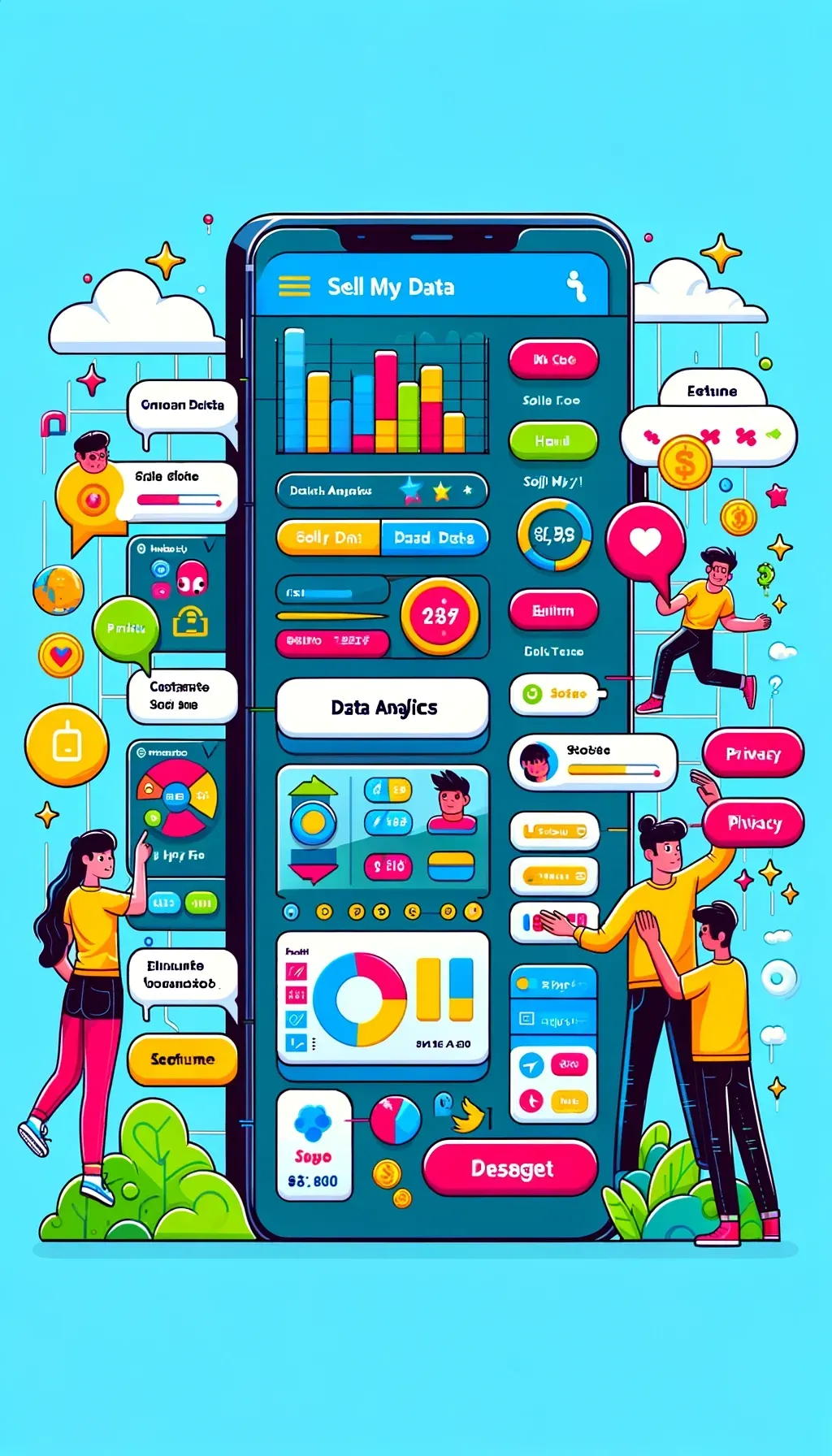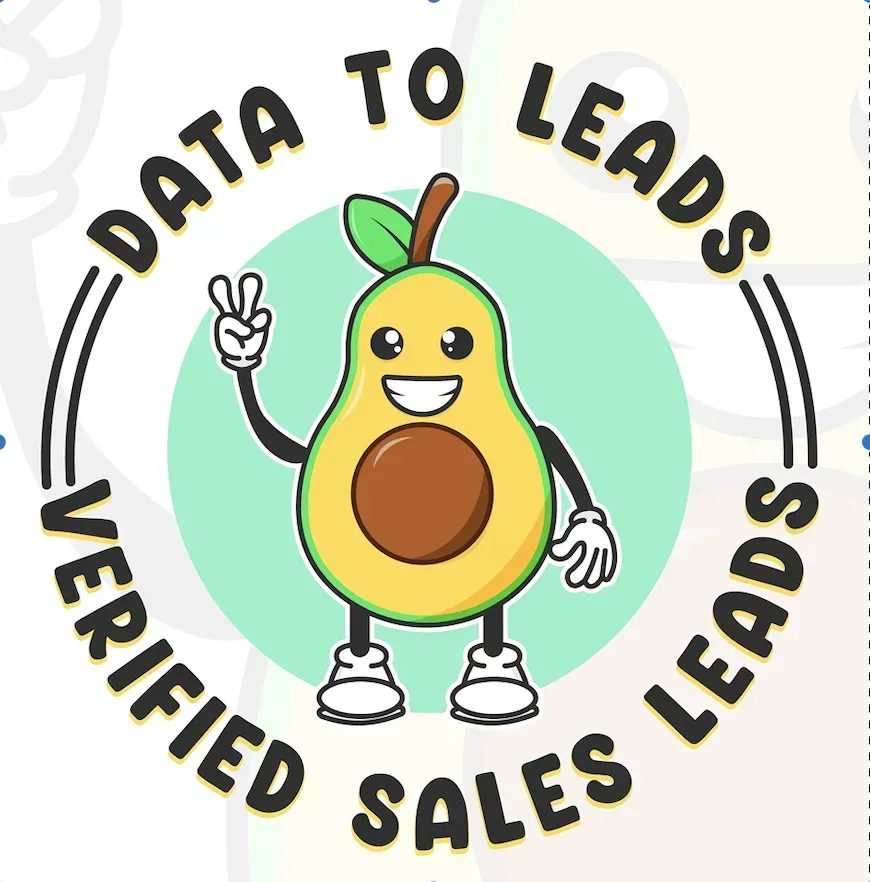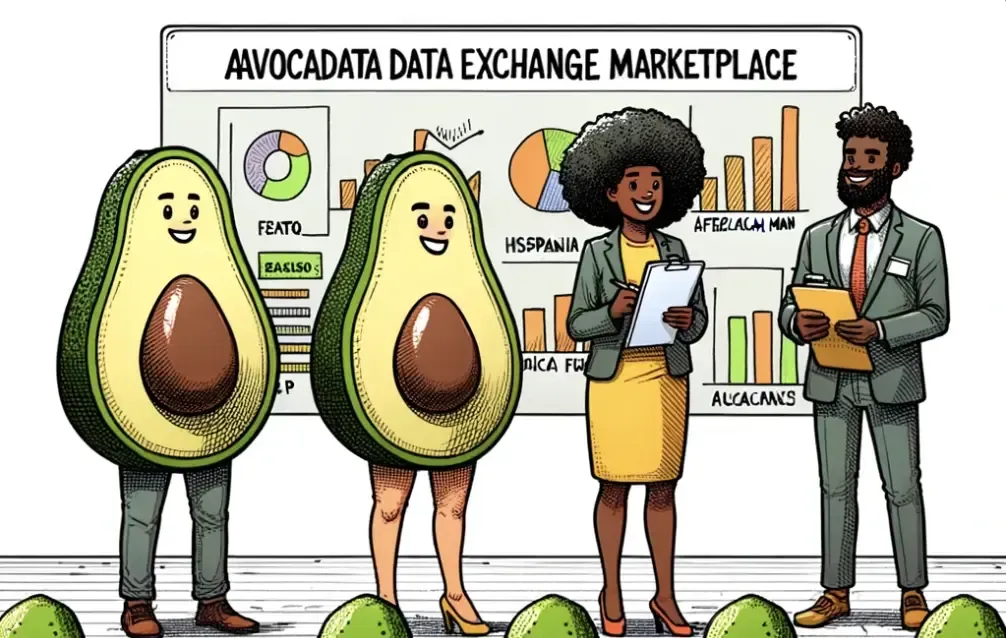Navigating the FCC's New Rules for Telemarketing: Impact on Lead Generation and Consumer Consen
Understanding FCC's Updated Regulations: Adapting B2B Telemarketing and Lead Generation Strategies
What is the Federal Communications Commission (FCC)
The Federal Communications Commission (FCC) plays a critical role in regulating b2c telemarketing practices, including cold calling, in the United States. This involves enforcing the Telephone Consumer Protection Act (TCPA) and managing the National Do-Not-Call Registry. The FCC's regulations aim to balance the needs of businesses engaged in telemarketing with the rights of consumers to avoid unwanted calls.
FCC's Impact on Telemarketing and Cold Calling Consumer Data Lists
The Federal Communications Commission (FCC) has introduced a pivotal rule change, reshaping the telemarketing landscape in the U.S. This rule enforces a 'one-to-one' consent mechanism, significantly altering how businesses engage in B2C telemarketing, consumer data lists and lead generation activities.
Additionally, consumer telemarketers must respect the National Do-Not-Call Registry, a list of phone numbers from consumers who have opted out of receiving sales calls.
As industries brace for this shift, we outline the key aspects of the rule, offering a comprehensive overview of its intended goals and the potential impact on both consumers and businesses. The new landscape demands a nuanced understanding of these regulations, as they set the tone for future outbound marketing practices and consumer interactions.
Adapting to TCPA Regulations
Businesses involved in telemarketing must adapt their strategies to comply with TCPA regulations. This involves updating consent mechanisms, maintaining accurate records of consent, and regularly scrubbing call lists against the Do-Not-Call Registry. Non-compliance can lead to significant fines and legal challenges, making adherence to these rules critical for business operations.
Challenges and Opportunities for Telemarketers
The FCC's stringent rules present challenges for telemarketers, requiring them to be more strategic and targeted in their approach. However, these regulations also offer opportunities for building trust with consumers. By adhering to these guidelines, businesses can enhance their reputation for respecting consumer privacy and improve the quality of their lead generation efforts.
The Future of Telemarketing under FCC Oversight
As technology evolves, the FCC continues to update its regulations to protect consumers while allowing businesses to leverage new communication methods. Telemarketers must stay informed about these changes to remain compliant and effective in their outreach efforts. The future of lead generation and outbound marketing lies in balancing innovative marketing strategies with responsible practices that align with FCC guidelines.

MORE B2B ARTICLES | CLICK BELOW

Redefining Operations: Lead Generation's Shift to Individual Consent Compliance
Lead generation companies are facing a significant shift due to the FCC's new rules. The need for direct, individual consent challenges their traditional methods of mass data collection and selling. These companies must now restructure their operations to focus on gathering explicit consent for each lead.
Phone Number List
Simply put, a phone number list is a contact directory specifically for your marketing team.
Your Phone list typically includes not just phone number leads but also names, addresses, and other pertinent details to help personalize communication and enhance customer engagement.
MCA Lead Generation & Business Lending Companies
FCC's new rules will change how business lending companies, moving away from traditional methods like cold calling aged MCA leads.
Lenders must now focus on a consent-based approach, using a more compliant means of b2b lead generation small business lending companies ensure legal adherence and effective lead management. This strategy is vital for aligning with regulatory standards and enhancing lead generation quality.
Adapting Lending Practices to Meet New Compliance Standards
Business lenders and loan providers must adapt to FCC's new rules by focusing on genuine, consent-based strategies, shifting from mass outreach to direct, technology-aided communication for compliance and effective marketing.
FCC's New Regulations and Their Impact on Health Insurance Marketing
The recent FCC regulations are transforming the approach health insurance sectors, including U65 Leads, ACA, and Medicare, take towards b2c lead generation. These changes require a shift from traditional methods to more consent-focused consumer marketing strategies, particularly important for maintaining compliance in the evolving regulatory landscape.
verisk leadid Jornaya token: aged health insurance leads for telemarketing
In U65 and ACA insurance markets, providers are updating lead generation to align with FCC consent rules, shifting from bulk cold calling to personalized, consent-focused outreach. This change, influenced by Verisk's Jornaya LeadID for aged health insurance leads, ensures adherence to regulatory standards and prioritizes compliant, tailored customer engagement.
Challenges and Opportunities for Health Insurance Providers
Health insurance providers now face the challenge of balancing compliance with effective insurance marketing. This includes reevaluating their consumer lead generation and sales tactics to align with the new regulations while maintaining the efficiency of their marketing efforts.
Medicare and Business Health Insurance’s Compliance Challenge
Medicare and business health insurance sectors must adapt their marketing strategies to comply with the FCC's consent requirements. This involves restructuring their b2c lead generation processes to ensure explicit consumer consent, marking a significant shift from traditional methods.
How do the new FCC rules affect Mojo Dialer?
The new FCC rules demand stricter consent protocols, potentially affecting Mojo Dialer's auto-dialing functions. Users may need to ensure they have clear consent before leveraging its auto-dial capabilities.
What changes for Go High Level under FCC rules?
Under the new FCC rules, users who depend on GoHighLevel, must enhance their consent verification processes in their marketing campaigns. This includes adapting their use of tools like Lead Connector and Twilio for auto SMS, as well as ringless voicemails.
GHL Agency subscribers utilizing CRMs with automation, AI call centers, and messaging systems must diligently review their compliance with FCC's stricter consent requirements. Non-compliance can result in hefty fines. It's essential for these agencies to ensure that their automated communication tools align with the latest consent regulations to avoid legal repercussions.
How does ZoomInfo adapt to FCC changes?
ZoomInfo may need to enhance its data consent practices, ensuring that its B2B contact databases comply with the FCC's stricter consent regulations for telemarketing.
LinkedIn Sales Navigator Adjustments:
LinkedIn Sales Navigator subscribers should be more diligent in obtaining consent for outreach, aligning their lead generation and networking strategies with the updated FCC guidelines
FCC-Compliant Data Enrichment Strategies
Leveraging Reverse Lookups and Skip Tracing
Reverse lookups and consumer skip tracing services offer strategic advantages in the FCC-regulated landscape. These services provide crucial insights for targeted marketing while adhering to privacy standards, making them invaluable tools for businesses seeking to enhance customer data responsibly and effectively within legal boundaries.
Business Process Outsourcing
FCC Impact on BPO Call Centers and Telemarketers
The new FCC rules significantly affect BPO (Business Process Outsourcing) call centers, particularly those specializing in dialers and appointment setting services. These sectors traditionally rely on telemarketing and cold calling as key strategies. With the new regulations emphasizing explicit consumer consent,
Business Process outsourcing and BPO call centers must adapt by implementing more stringent consent verification processes. This means re-evaluating and potentially altering their dialing strategies and contact data providers to ensure compliance.

